
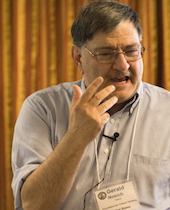 Dr. Gerald Nosich
Dr. Gerald Nosich Dr. Gerald Nosich is an authority on critical thinking and Senior Fellow of the Foundation for Critical Thinking; he has given more than 150 national and international workshops on the subject. He has worked with the U.S. Department of Education on a project for the National Assessment of Higher Order Thinking skills, has served as the Assistant Director of the Center for Critical Thinking, and has been featured as a Noted Scholar at the University of British Columbia. He is Professor of Philosophy at Buffalo State College in New York and the author of two books, including Learning to Think Things Through: A Guide to Critical Thinking Across the Curriculum.
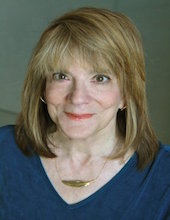 Dr. Elizabeth Loftus
Dr. Elizabeth Loftus
Elizabeth Loftus is Distinguished Professor at the University of California, Irvine. She holds faculty positions in three departments (Psychology & Social Behavior; Criminology, Law & Society: Cognitive Sciences), and in the School of Law. Since receiving her Ph.D. in Psychology from Stanford University, she has published twenty-two books (including the award winning Eyewitness Testimony) and 500 scientific articles. Loftus's research of the last 30 years has focused on the malleability of human memory. She has been recognized for this research with six honorary doctorates (from universities in the U.S., Norway, the Netherlands, Israel, and Britain), and election to the National Academy of Sciences. She is past president of the Association for Psychological Science. Loftus has been recognized in the Review of General Psychology as one of the 100 most eminent psychologists of the 20th century.
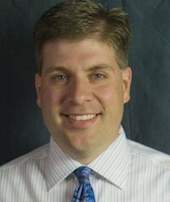 Dr. Paul Bankes
Dr. Paul Bankes
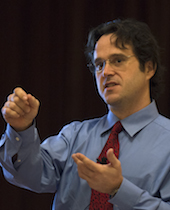 Dr. Brian Barnes
Dr. Brian Barnes 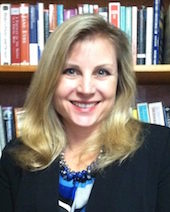 Dr. Amanda Hiner
Dr. Amanda Hiner| All conference delegates are invited to participate in …
Daniel Ellsberg was born in Chicago in 1931. After graduating from Harvard in 1952 with a B.A. in Economics, he studied for a year at King’s College, Cambridge University, on a Woodrow Wilson Fellowship. Between 1954 and 1957, Ellsberg spent three years in the U.S. Marine Corps, serving as rifle platoon leader, operations officer, and rifle company commander. In 1959, Ellsberg became a strategic analyst at the RAND Corporation, and consultant to the Defense Department and the White House, specializing in problems of the command and control of nuclear weapons, nuclear war plans, and crisis decision-making. In 1961 he drafted the guidance from Secretary of Defense Robert McNamara to the Joint Chiefs of Staff on the operational plans for general nuclear war. He was a member of two of the three working groups reporting to the Executive Committee of the National Security Council (EXCOM) during the Cuban Missile Crisis in 1962. Ellsberg joined the Defense Department in 1964 as Special Assistant to Assistant Secretary of Defense (International Security Affairs) John McNaughton, working on the escalation of the war in Vietnam. He transferred to the State Department in 1965 to serve two years at the U.S. Embassy in Saigon, evaluating pacification in the field. On return to the RAND Corporation in 1967, Ellsberg worked on the top secret McNamara study of U.S. Decision-making in Vietnam, 1945-68, which later came to be known as the Pentagon Papers. In 1969, he photocopied the 7,000 page study and gave it to the Senate Foreign Relations Committee; in 1971 he gave it to the New York Times, the Washington Post and 17 other newspapers. His trial, on twelve felony counts posing a possible sentence of 115 years, was dismissed in 1973 on grounds of governmental misconduct against him, which led to the convictions of several White House aides and figured in the impeachment proceedings against President Nixon. Ellsberg is the author of three books: Papers on the War (1971), Risk, Ambiguity and Decision (2001), and Secrets: A Memoir of Vietnam and the Pentagon Papers (2002). In December 2006 he was awarded the 2006 Right Livelihood Award, known as the “Alternative Nobel Prize,” in Stockholm, Sweden, “. . for putting peace and truth first, at considerable personal risk, and dedicating his life to inspiring others to follow his example.”
Since the end of the Vietnam War, Ellsberg has been a lecturer, writer, and activist on the dangers of the nuclear era, wrongful U.S. interventions and the urgent need for patriotic whistleblowing. He is a Senior Fellow of the Nuclear Age Peace Foundation. |